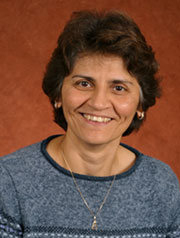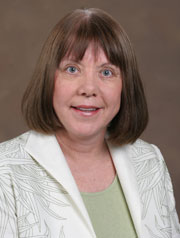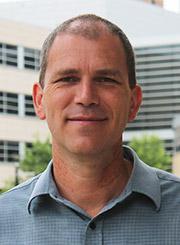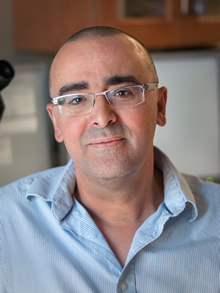Feb. 13, 2009
By: Meredith Fraser
With the economy in turmoil and stress levels running high, many smokers feel like they need their daily dose of nicotine more than ever. Some feel that those five-minute smoke breaks are the only thing keeping them sane.
But with an ever-increasing number of companies choosing to make their workplaces entirely smoke-free, sometimes simply finding a place to light up has become an ordeal in itself. Inspired by the strong trend toward smoke-free environments, companies across Florida are making it easier for their employees to find the tools and encouragement to finally kick their dangerous habit. Florida’s Area Health Education Centers (AHEC) have sponsored a public program called Quit Smoking NOW since 1999, and now privately-owned companies can hold the class for their own employees who wish to quit smoking.
Mary Dailey, tobacco program manager at the Florida State University College of Medicine, along with fellow ex-smoker Andree Aubrey , started the Quit Smoking Now (QSN) program in the late 1990s. That’s when the Florida Legislature allocated money from the state’s settlement with tobacco companies to the Florida AHEC Network to develop a smoking cessation program.
Since Dailey and Aubrey, who is director of the AHEC program based at the College of Medicine, were both ex-smokers they offered to share personal experiences and help others. Dailey and Aubrey worked with the Suwannee River AHEC staff to put together the curriculum handbook. Surprisingly, QSN became the only smoking cessation course in Florida at the time.
For years the QSN classes were based at Big Bend AHEC prior to Dailey and Aubrey relocating to the College of Medicine. The program now offers classes both for the public – held at Capital Regional Medical Center – and for companies across Northwest Florida.
Like most ex-smokers, Dailey and Audrey could relate to how difficult it is to stop. In fact, clinical practice guidelines state that the average addict will try to quit seven to ten times before finally succeeding.
Printed material for the course describes it as “a six-session program developed by ex-smokers for those who want to become ex-smokers themselves.”
“The reason we [chose that] was not to brag that we’re ex-smokers, but because the first thing you hear from a lot of people in your class is, ‘Have you ever smoked? You don’t understand where I’m coming from,’’’ Dailey said. “So even those session leaders who haven’t smoked can say, ‘No I haven’t, but this program was put together by ex-smokers. They know exactly what you need.’ That really helps people stay on track.”
In addition to the classes, AHEC and the QSN team oversee several related smoking cessation projects. One of them involves a QSN session leader, Colin Tulley, training undergraduate students at FSU to educate area middle school students about the dangers of tobacco consumption. Getting to potential smokers early has proven very effective in preventing future use, and college students are often very persuasive in swaying kids away from tobacco.
For the 21 percent of American adults who already smoke, the QSN program offers resources in addition to the six-week class: free counseling services, self-help materials and coupons for free nicotine replacement therapy (NRT). Common effective forms of NRT include nicotine gum, patches, and inhalers, as well as clinically prescribed medication. QSN works closely with the Florida Department of Health (DOH), which sponsors Quitline, a toll-free, telephone-based counseling service for smokers wanting to quit.
The DOH recently held its first QSN class for employees, with two successfully graduating from the program Feb. 12. Another class is being held at the Fringe Benefits Management Company — a Tallahassee business that will go smoke-free April 1. Twenty-five employees registered and only a few had dropped out as of the fourth week — a remarkable success rate, according to Dailey. The class graduates Feb. 25.
There will be several QSN classes kicking off in the next month — one at the DOH starting Feb. 25 and one at Capital Regional Medical Center starting March 3. Both are open to the public and are free of charge.
For more information on the QSN program, contact Dailey or visit http://www.ahectobacco.com. The Florida Quitline (1-877-822-6669) also offers information on a wide variety of tobacco-related topics.





